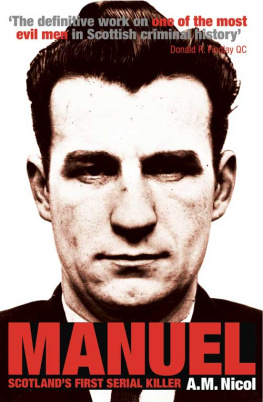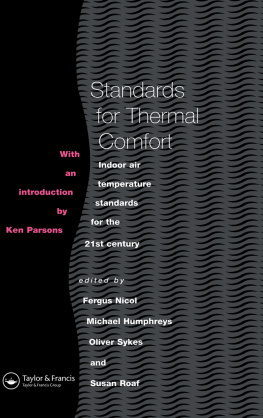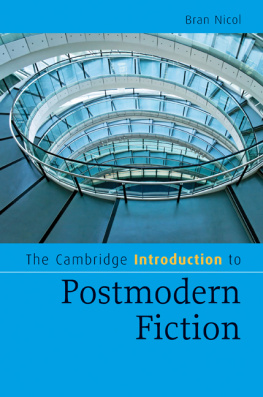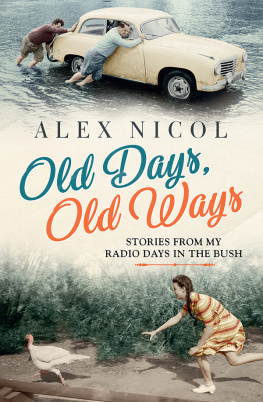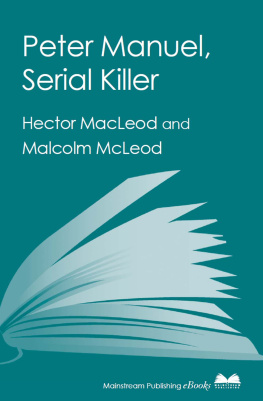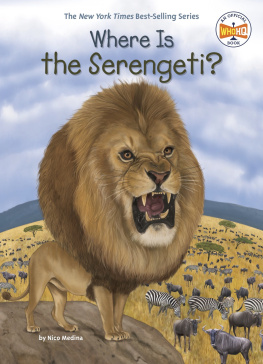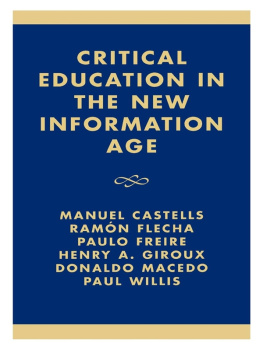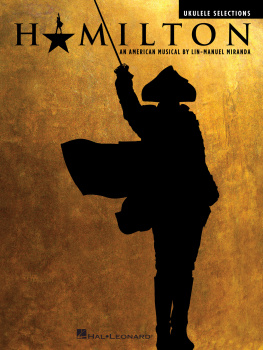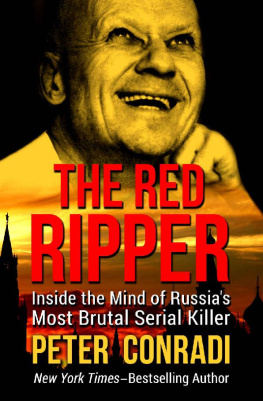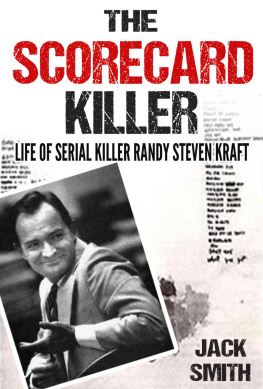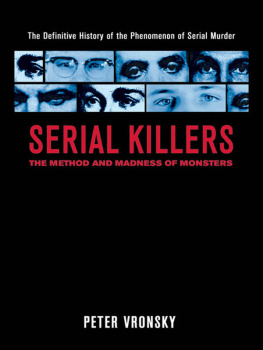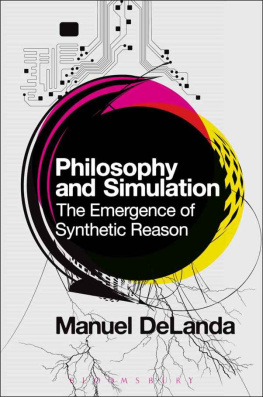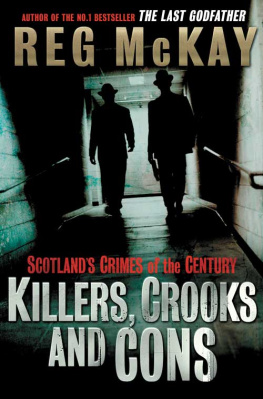
ACKNOWLEDGEMENTS
Many thanks to Donald for his advice, encouragement and wisdom and to everyone at Black & White for their guidance and patience.
CONTENTS
PREFACE
Two strikingly contrasting men were central to my decision to become a criminal defence lawyer.
One, as is well documented, was the actor Michael Dennison who played the title role in Boyd QC, an early black and white television drama about a barrister who displayed a passionate desire to secure justice for everyone he represented.
The other was Peter Thomas Anthony Manuel, once described as having the names of the saints and the heart of the devil.
In the late 1950s, when my school mates were into the adventures of Dan Dare and his struggles with the Mekon, my interests lay in a very different direction.
Peter Manuel stood trial for murder in Glasgow High Court in May 1958.
Nowadays, a murder trial may receive no more than a passing mention in the media. Over thirty years ago when I first started appearing in the High Court, murder cases attracted considerable attention. Public galleries would be occupied and the trials were widely reported.
But the Manuel trial was different. People queued to get in to observe the proceedings and virtually every word of the evidence was reported. The trial of Manuel was as unique as the man himself.
Peter Manuel was a serial killer, arguably the only true serial killer in the long and bloody history of our criminal justice system.
The trial and the man fascinated me.
I devoured every reported word and could recite the charges and names of the victims as other seven-year-olds would rattle off nursery rhymes. Following the guilty verdicts and sentence of death for the murder of seven people, Manuel unsuccessfully appealed in June 1958 and was hanged at Barlinnie Prison in Glasgow in July of the same year. Fifty years ago and yet I remember it all as if it was yesterday.
When I went to Dundee University to read law, the first thing I did was to go into the law library, excitedly remove the 1958 volume of the Session Cases and read and re-read the report of Manuels appeal, the only aspect of the case to make the law reports.
Why this fascination?
At the time of the trial I certainly did not know. I remember my late fathers embarrassment when people asked what the bairn was reading and he was forced to mutter under his breath that it was the Manuel trial. Seven-year-olds from Cowdenbeath were not expected to be interested in such matters.
Even today I do not really know the answer but hindsight has given me some insight.
For some reason I was destined to be a criminal lawyer. Defending the citizen against the power of the State is my profession and my passion. Whether that is because I believe in standing up for the underdog or am simply a bolshie so-and-so I will leave to others to reach a view on.
But for me, to have defended Manuel would have been the ultimate challenge involving, as it did, multiple murders and the spectre of the rope.
The life of a criminal lawyer is a strange one and I perhaps should not be as surprised as I am that most people do not understand what it is we actually do and why we do it.
A hallmark of a free society is that justice is dispensed in public. Any citizen accused of a criminal act should have that allegation examined in open court. The guilt or otherwise of a person so accused should be determined by randomly chosen members of the public a jury not by police officers, civil servants or lawyers. And since the State makes the allegation it is for the State to prove it. It is the task of the defence lawyer to make sure that the State does precisely that. Trials should be vigorously prosecuted and just as vigorously defended. It is the responsibility of the defence lawyer to examine the evidence in minute detail, to explore every possibility, to place every hurdle he can in the way of the prosecution case whatever the nature of the crime may be and however horrific it may seem. In short, it is the duty of the defence lawyer to try to ensure that guilty people are convicted but only guilty people.
That is why I would have relished the opportunity to defend Manuel.
I was once asked if I would defend Saddam Hussein. Without hesitation I replied that I would. A journalist tried to make an issue of this until one of his more astute colleagues pointed out that since defending people accused of committing horrendous deeds was what I did, this was no story at all. Had I been offered the brief and refused, that would have been a real story. When confronted with a client, the defence lawyer cannot permit himself the view from the moral high ground.
In my younger days I was in favour of the death penalty. Simplistically, it seemed to me that if you deliberately took the life of a fellow human being, you forfeited your own right to live. Over the years my view has changed. Execution is an act of revenge. No more and no less. I became convinced that a civilised country does not kill its own citizens and a country which does is not civilised.
From a personal point of view, I am constantly relieved that I have never had the responsibility of representing someone facing a sentence of death. It is stressful enough to stand before a man who has just been told that he may spend the rest of his life in prison. But what would you say to someone who knows the answer to the great mystery which confronts us all the precise moment in time when the Grim Reaper will come calling?
And yet, I have often wondered how I would have handled the pressure of representing a man who faced the ultimate penalty. And would my fate have been the same as my distinguished predecessors who were instructed in Manuels defence only to find their services dispensed with when Manuel decided to conduct his own defence either an act of supreme folly or consummate arrogance?
A serial killer facing the death penalty would have been the ultimate professional challenge. Perhaps it is because I will never have this experience that I entertain this enduring fascination with Manuel. He was there in the world I have inhabited for these thirty years and more, but I was twenty or more years too late. And yes, I would have fought tooth and nail to try to save him because justice would have demanded it.
For long enough I have had it in the back of my mind to write a book about Manuels life, times and crimes. Pandering to my own obsession perhaps!
One day I was contacted by my friend, colleague and fellow defence lawyer Allan Nicol. Over coffee, which I had to pay for, he explained that he had an interest in Peter Manuel. He had been researching his subject for some time and would I mind having a look at what he had written and offer any suggestions. I confess now that I had mixed feelings. I was envious that he had actually done something I always wanted to do. I was intrigued that someone else shared my interest. And I wondered. Could he recount this story, as horrible as it is bizarre, in a way which would be of interest to a wider audience than a few legal hacks steeped in the lore of Scottish criminals?
I read the early chapters and I was hooked. This was truly fascinating. Not only was Allan revealing detail I had never come across before, he was taking me back over fifty years and re-creating the atmosphere and the sense of fear which must have gripped parts of the West of Scotland while Manuel went about his terrible deeds.
I told Allan that he should finish the book and that he must try to get it published.
And here it is. The definitive work on one of the darkest chapters in Scottish criminal history and one of the most evil men ever to step into the dock of the High Court of Justiciary. But it does more than merely recount awful deeds. It is the story of Manuels victims. The innocent people who suffered as Manuel butchered his way to infamy.
Next page
